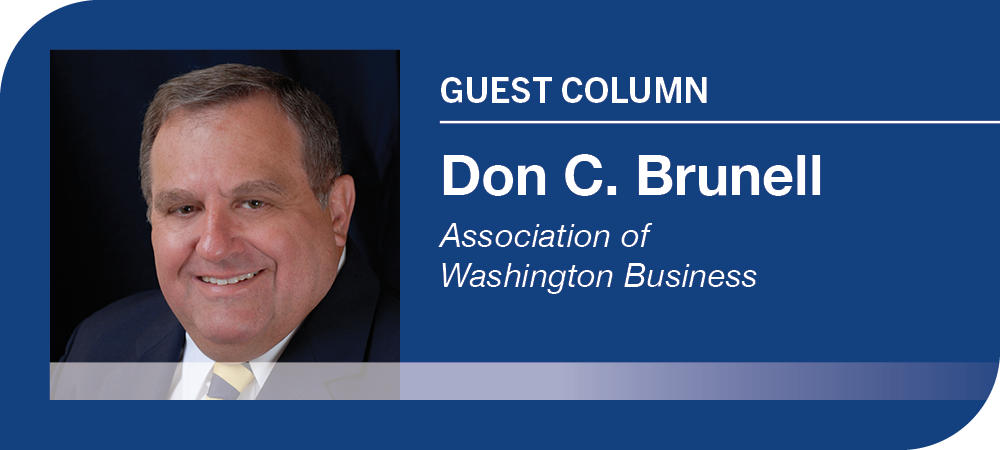
Home » Serving America in uniform is one way to avoid student debt
Serving America in uniform is one way to avoid student debt

September 14, 2023
With students returning to college campuses, it is time to consider other ways for them to pay for tuition, books and living expenses. Too often, they resort to borrowing.
Student loan forgiveness today is highlighted as the solution when it is only part of the answer. There are other options.
Student debt is mounting. It is exacerbated by rising “cost of attendance” (COA). The growth rate exceeds inflation and interest rates on student loans are often higher than on homes. It needs fixing.
In the 1963-64 academic year, the average annual published cost of in-state tuition and fees was $243 at public four-year institutions, and $1,011 private institutions, according to National Center for Education Statistics (NCES).
NCES reports if the cost of college remained in line with inflation, annual tuition and fees would have been $2,076 at four-year public universities and $8,624 at private colleges for the 2020-21 academic year.
However, in that academic year, the average price for in-state tuition and fees at a four-year public institution was $9,400 and the COA was $33,000. Adding room, board, books and other expenses to tuition and fees and the COA at some Washington private universities exceeded $70,000.
Massive student loan debt is a massive national problem. As of the first quarter of 2023, it exceeded $1.7 trillion.
President Joe Biden’s $400 billion approach to buy down some student loans is problematic. It would cancel up to $20,000 in student debt for federal borrowers; however, it is unfair to those who paid off their loans or are repaying private notes.
About 92% of student loan debt is borrowed money from the feds with interest rates ranging from 5% to 7.5%. Average private student loan interest rates range from 4.9% to almost 15%.
The U.S. Supreme Court declared the president did not have the authority to forgive student loan debt, saying that it was an unlawful act of presidential power lacking explicit congressional approval.
There are ways to reduce debt which do not require new congressional authorization or Supreme Court approval. One emerged after World War II and has served our nation well.
The GI Bill for veterans who have completed their enlistments works. So does the assistance to college students serving in ROTC and the National Guard or Reserve. Today, with the armed forces missing their recruitment targets, it is also a way to serve our nation, beef up our depleted military ranks and improve defense readiness.
Sign up to serve America in uniform, whether it be in the Army, Navy, Marines, Air Force, Coast Guard, Space Force or U.S. Public Health Service, and qualify for GI Bill benefits. Those serving can reap the benefits from tuition assistance while performing their duties in uniform, including reservists or National Guard members.
Students planning to become officers can earn over $12,000 a year from monthly stipends, summer training and reimbursement for subsistence and books. The Government Accounting Office reports ROTC produced more than 94,000 officers in the decade beginning in 2011.
There are also opportunities to attend the world’s best military academies courtesy of Uncle Sam at West Point, Annapolis, Colorado Springs or New London with a job guaranteed after commissioning. Since their respective foundings, the academies have commissioned more than 150,000 officers.
The rising student loan trend is unsustainable for our nation and graduates completing their schooling. In the 2020-21 academic year, 54% of bachelor’s degree students graduated with student loans of $30,000, according to the College Board.
Rather than finding ways to circumvent the court, the president and Congress should be working together to pass legislation that is fair and will withstand high court scrutiny. Until that happens, they should focus on what is working.
Don C. Brunell is a business analyst, writer, and columnist. He retired as president of the Association of Washington Business, the state’s oldest and largest business organization, and now lives in Vancouver. He can be contacted at theBrunells@msn.com.
Opinion
KEYWORDS september 2023





